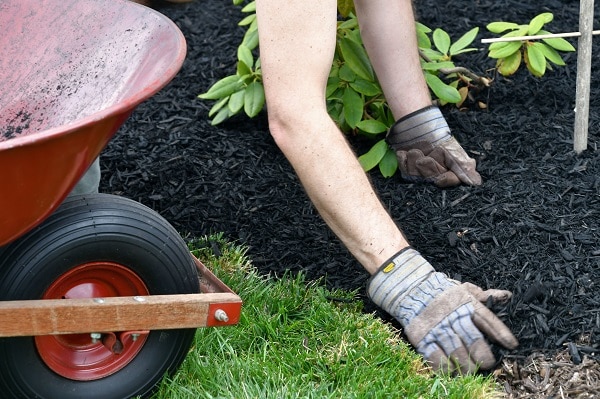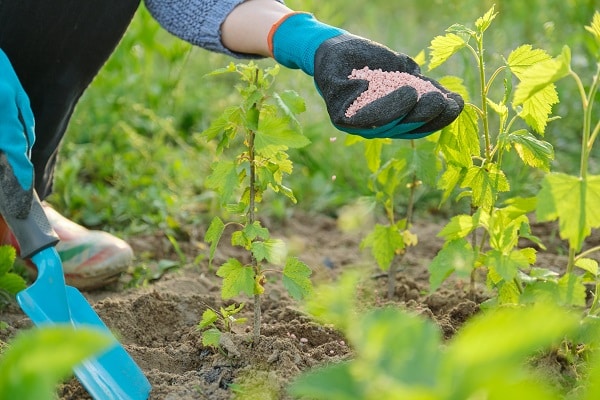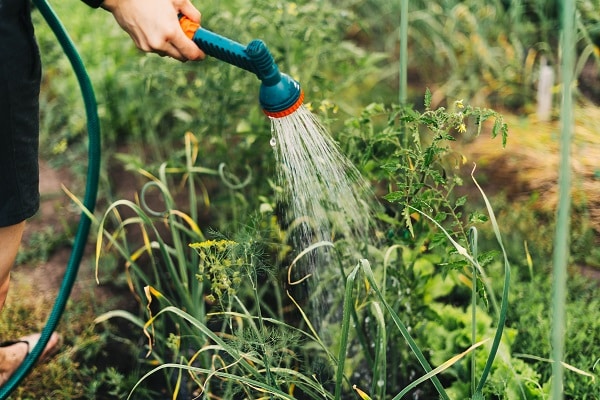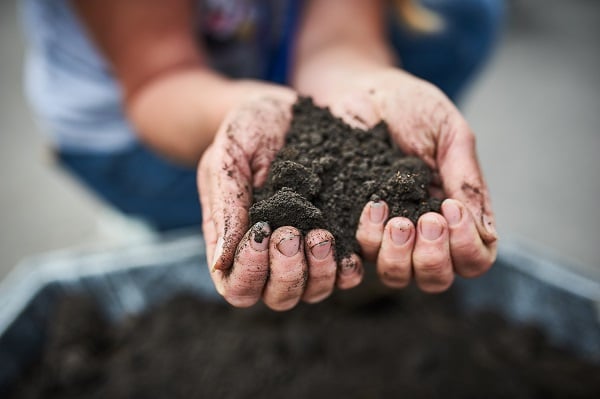There are a lot of myths out there about gardening. Some people think that you need a green thumb to be successful, while others believe that it’s all about luck. The truth is gardening is a skill that can be learned with a bit of practice. And while some people are naturally great gardeners, there is really no secret to being successful. In this article, you will learn about some of the most common myths about gardening and what the truth actually is about these misconceptions.
Contents
The Essential Steps To Gardening
For many, the thought of starting a garden can be daunting. However, with a little planning and know-how, anyone can be a successful gardener. The first step is to choose the right location for your garden. Make sure to choose a spot that gets plenty of sunlight and has well-drained soil. Once you have chosen the perfect spot, it’s time to start preparing the soil. This can be done by adding organic matter, such as compost or manure, and aerating the soil to improve drainage. After the soil is ready, it’s time to start planting. When choosing plants, make sure to pick ones that are appropriate for your climate and soil type. Once your plants are in the ground, it’s important to keep them healthy by watering and fertilizing them on a regular basis. With a little care and attention, you can enjoy a beautiful garden for years to come.
Wood Chips Are The Best Kind Of Mulch
Wood chips are often touted as the best type of mulch for gardens. However, this is a gardening myth. While wood chips do have some benefits, they also have a number of drawbacks. One benefit of wood chips is that they help to suppress weeds. However, they can also prevent desirable plants from germinating and growing. Wood chips also tend to be acidic, which can damage delicate plant roots. In addition, they can harbor disease-causing organisms that can harm your plants. For these reasons, wood chips are not the best type of mulch for gardens. Many other types of mulch available are more effective and less harmful to your plants.
Organic Fertilizer Isn’t As Effective
One of the most persistent gardening myths is that organic fertilizer is not as effective as chemical fertilizer. This myth likely stems from the fact that organic fertilizers release their nutrients more slowly than chemical fertilizers. However, this slower release can actually be beneficial, as it provides a steady supply of nutrients over an extended period of time. In contrast, chemical fertilizers can cause a “burst” of growth that is not sustainable in the long term. Additionally, organic fertilizers are less likely to burn plants as they do not contain high concentrations of salt. As a result, organic fertilizer can be just as effective as chemical fertilizer, and in some cases, even more so.
You Need To Water Plants Daily
Another common gardening myth is that plants need to be watered daily. In reality, this is often not the case. Watering frequency depends on a variety of factors, including the type of plant, the time of year, and the weather conditions. For example, in hot weather, plants may need to be watered more often than in cooler weather. Likewise, plants that are grown in pots or containers tend to need more water than those that are planted directly in the ground. By taking these factors into account, gardeners can develop a watering schedule that meets the needs of their plants without over- or under-watering them. Although it is important to keep an eye on your plants and make sure they are getting the moisture they need, watering them daily is not always necessary.
Gravel Helps With Drainage
For years, gardeners have been advised to add gravel to their planting beds to improve drainage. However, this advice is based on a misunderstanding of how plants’ roots grow. In reality, plants’ roots need oxygen to thrive, and adding gravel to the soil actually makes it more difficult for roots to access the air they need. Furthermore, gravel retains heat, which can damage delicate plant roots. For these reasons, it is best to avoid using gravel in your garden. If you are concerned about poor drainage, there are other ways to improve the situation, such as adding compost or installing a drainage system. With a little effort, you can create a healthy and thriving garden without using gravel.
Sand Will Improve Clay Soil
It is commonly believed that adding sand to clay soil will improve its drainage and make it easier to work with. However, this is actually a gardening myth. While sand can help to break up compacted clay, it also prevents the formation of soil crumbs or aggregates. These crumbs are essential for good drainage and aeration, and without them, water will simply run off the surface of the soil instead of being absorbed. In addition, sand is a relatively inert material that does not provide any nutrients for plants. As a result, it is best to avoid adding sand to clay soil. If your clay soil is compacted, Aerate it instead by poking holes in the ground with a garden fork or hiring a professional to do core aeration. This will allow water and oxygen to reach plant roots more easily and improve drainage without damaging the structure of the soil.
Pine Needles Make Your Soil More Acidic
Finally, many gardeners believe that using pine needles in their gardens will make the soil more acidic. In reality, however, this is not true. While pine needles are acidic when fresh, over time, they break down and become less so. Additionally, most plants prefer a slightly alkaline (rather than acidic) growing environment. So if you have a pine tree near your garden, don’t worry about adding the needles getting into your soil. They will simply provide some extra nutrients and help improve the overall health of your plants. But if you want to create a more acidic soil, there are other ways to do so than simply adding pine needles. For example, you can use organic fertilizers like compost or aged manure or add sulfur to your soil.
Know The Truth Behind These Myths About Gardening!
There are many common gardening myths, such as the idea that plants need to be watered daily or that sand improves clay soil. However, most of these myths are based on misunderstandings about how plants grow and function and can actually damage or harm your garden. To create a thriving garden, it is best to rely on the advice of experienced gardeners and use proven techniques instead of relying on myths. Then, with proper care and attention, you can cultivate a beautiful and healthy garden that will provide years of enjoyment.





